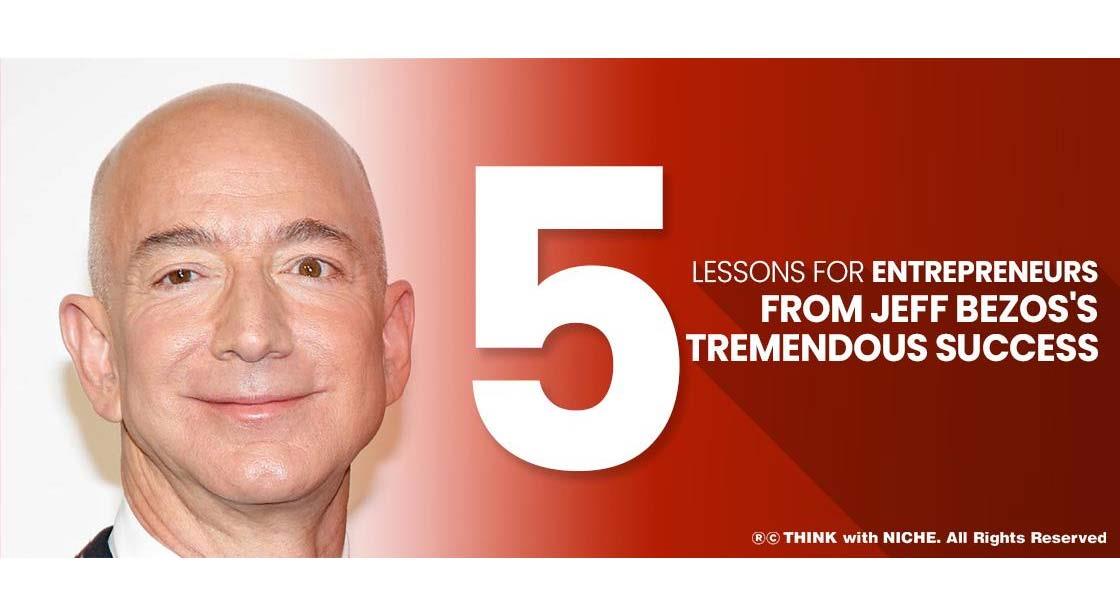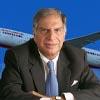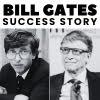Five Lessons For Entrepreneurs From Jeff Bezos s Tremendous Success

Blog Post
Bezos leaves his position as CEO as one of the most influential business executives of his time, having grown Amazon's market value from nothing to roughly $1.7 trillion today. Amazon was still a reasonably modest firm in 1997. It had a 1.5 million customer base. It's no secret that Amazon has a ruthless business culture. There are accounts of long hours, harsh working conditions, and an atmosphere that pushes people to their limits. #ThinkWithNiche
Amazon's founder and CEO, Jeff Bezos, has worked tirelessly to develop the most powerful, customer-focused company in modern history. It's apt, given that his company's original name was Relentless.com. Looking back, it's easy to forget that relentless didn't always imply inevitable, at least not in the beginning. However, as Amazon's execution began to match Bezos' vision, a remarkable company emerged—one that forever changed our lives. Along the way, the man behind "The Everything Store" taught us some valuable lessons about business, innovation, and customer service. Jeff Bezos teaches 5 business fundamentals that every entrepreneur may benefit from.
Find the right opportunity- Bezos chose to develop an internet company first, rather than a book company. He was working for the financial firm D.E. Shaw in New York City when he learned that internet usage was increasing at a rate of 2,300 percent each year. In fact, his math was completely erroneous. The internet was increasing at a rate of 2,300 percent, which meant it was growing at a rate of 230,000 percent. With over three million volumes available in print in 1994, the year Amazon debuted, the catalog of available books in print was essentially infinite—a long-tail business well suited to e-tailing. It was also reasonably simple and inexpensive to ship books. The concept seemed reasonable as a starting point.
Focus on long-term- Amazon was still a reasonably modest firm in 1997. It had a 1.5 million customer base. That year, Bezos delivered a shareholder letter to Wall Street signaling that he didn't care about quarterly profitability, a trait that the firm would willfully show for years. Prime is a good example of this. It cost $79 per year when it first launched in 2005 and included free two-day shipping. "We want Prime to be such a terrific value that it would be irresponsible not to be a member," Bezos would later write. It was costly to get all of those members for such a low sum. Those ready to pay that much money were likely to be repeat customers who purchased a lot of items, which meant that shipping expenses may quickly outweigh the membership fee. For a long time, Amazon put practically all of its profits back into the company, prioritizing growth over profits. Wall Street reacted angrily. Bezos was unconcerned.
Feed the flywheel- Books were always going to be the first step. To entice more customers, Bezos planned to offer a wide range of products at reasonable rates, as well as excellent customer service. Increased customer numbers would entice third-party vendors to the site, which would expand the product range, attract even more customers, and so on. Amazon's processes and systems became more efficient as more products were sold. The larger the sales volume, the better the supplier prices it could get, and the more money it could put into expansion.
Protect your culture- It's no secret that Amazon has a ruthless business culture. There are accounts of long hours, harsh working conditions, and an atmosphere that pushes people to their limits. For a 2015 exposé, a former employee told The New York Times, "Nearly everyone I worked with I saw cry at their desk." Amazon, on the other hand, continues to attract creative individuals who have created goods and services that have had a significant impact on the globe. "We never claim that our method is the best—only that it is ours—and over the previous two decades, we've gathered a huge collection of like-minded people," Bezos wrote to shareholders in 2016.
Fear customers, not competitors-Bezos once instructed his workers, "Don't be terrified of our competition since they'll never send us money." "Be afraid of our customers; they're the ones with the cash." In other words, direct your anxiety on the most important issues.
Conclusion- People on a mission expect to be criticized. "Don't attempt anything new or inventive if you can't afford to be misunderstood," Bezos advises. He also gives some advice on how to deal with criticism. "First, examine yourself in the mirror and determine whether your criticisms are correct," Bezos advises. "Change if they're right."
You May Like
EDITOR’S CHOICE












